Italian grinder maker Ceado just introduced a flagship line of commercial espresso grinders under the series name Rev (styled “REV” by the company).
The new machines — called Rev Steel, Rev Titan and Rev Zero — all center on flat 83-millimeter steel burrs.
The standard Rev Steel features pure steel burrs; the Titan’s burrs include a titanium coating for longer lifespan; and the Zero features “red-speed” (titanium and aluminum) coating designed for maximum endurance.
Beyond the burrs, the key features of the Rev series are a modular grind-by-weight system, retention mitigation features, a “Steady Lock” system for preventing variance in the burr gap during periods of high use, and a “Grounds Temperature Management (GTM)” system for keeping coffee cool on its way to the basket.
The Rev series’ grind-by-weight system is based on a removable portafilter holder with an integrated scale that the company calls the WAM (Weight Adjustment Module). While all Rev grinders ship complete with a WAM installed, the module can also be purchased separately and installed in under five minutes.
“For the roaster [or] dealer, this helps reduce the cost of stock, as the WAM allows them to offer two versions of the same product without needing two separate grinders in stock,” Cosimo Libardo, head of sales at Ceado, told Daily Coffee News. “For the cafe owner, if for any reason the load cell is damaged with use, it can be easily replaced without taking the grinder out of service.”
The anti-retention feature in the Rev is the “Sweep-Out” technology first deployed in the Ceado E37z-Barista grinder, involving an automated backwards spin of the burrs after grinding to expel retained particles.
Steady Lock refers to a flexible coupling that separates the motor shaft from the burr shaft, preventing thermal expansion in periods of heavy use, according to the company. That displacement is also one of the three features that combine to form the GTM. The other two include the sheer heft of 5.5 pounds of metal around the grind chamber that absorbs friction-generated heat away from the burrs, and a fan at the grinder’s base drawing air down through the top to cool both the motor and the grind chamber.
“This way the heat from the motor doesn’t affect the temperature of ground coffee, even after periods of sustained use,” Libardo said. “The Grounds Temperature Management system aims to keep the temperature of the ground coffee within a very tight range, dramatically reducing the need for grind size readjustment.”
The thickness of the chamber and the displacement of the motor additionally help reduce vibrations throughout the system, which is further stifled by rubber rings around the grind chamber and suspension springs supporting the motor.
These noise-dampening features bring the racket down to roughly 62-65 decibels on average, depending on the coffee, according to Libardo.
Users can also adjust the airflow of the cooling system to suit the level of activity at the bar by interacting with the grinder’s colorful 3.2-inch TFT IPS touchscreen display, where other settings, usage stats and maintenance alerts are shown or adjusted.
Rev Series machines are currently for sale in the United States at retail prices ranging from $2,350 to $3,900, although the company said these prices are subject to fluctuation due to tariffs.
“The Rev series is just the starting platform of what we have in mind for a more consistent and maximized flavor expression in every kind of application,” Libardo said. “More innovations are to come by the end of 2025.”
Comments? Questions? News to share? Contact DCN’s editors here. For all the latest coffee industry news, subscribe to the DCN newsletter.
Related Posts
Howard Bryman
Howard Bryman is the associate editor of Daily Coffee News by Roast Magazine. He is based in Portland, Oregon.



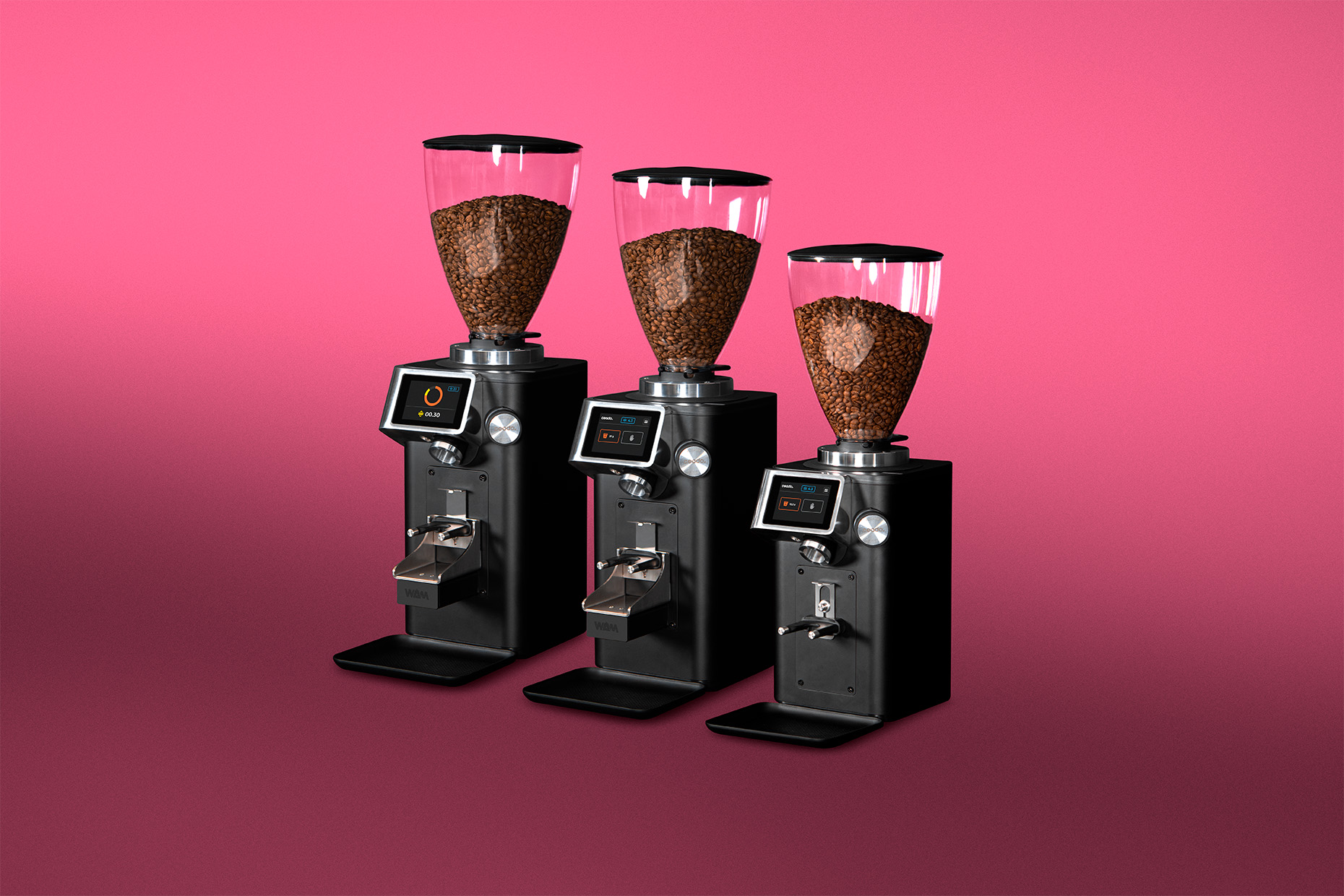
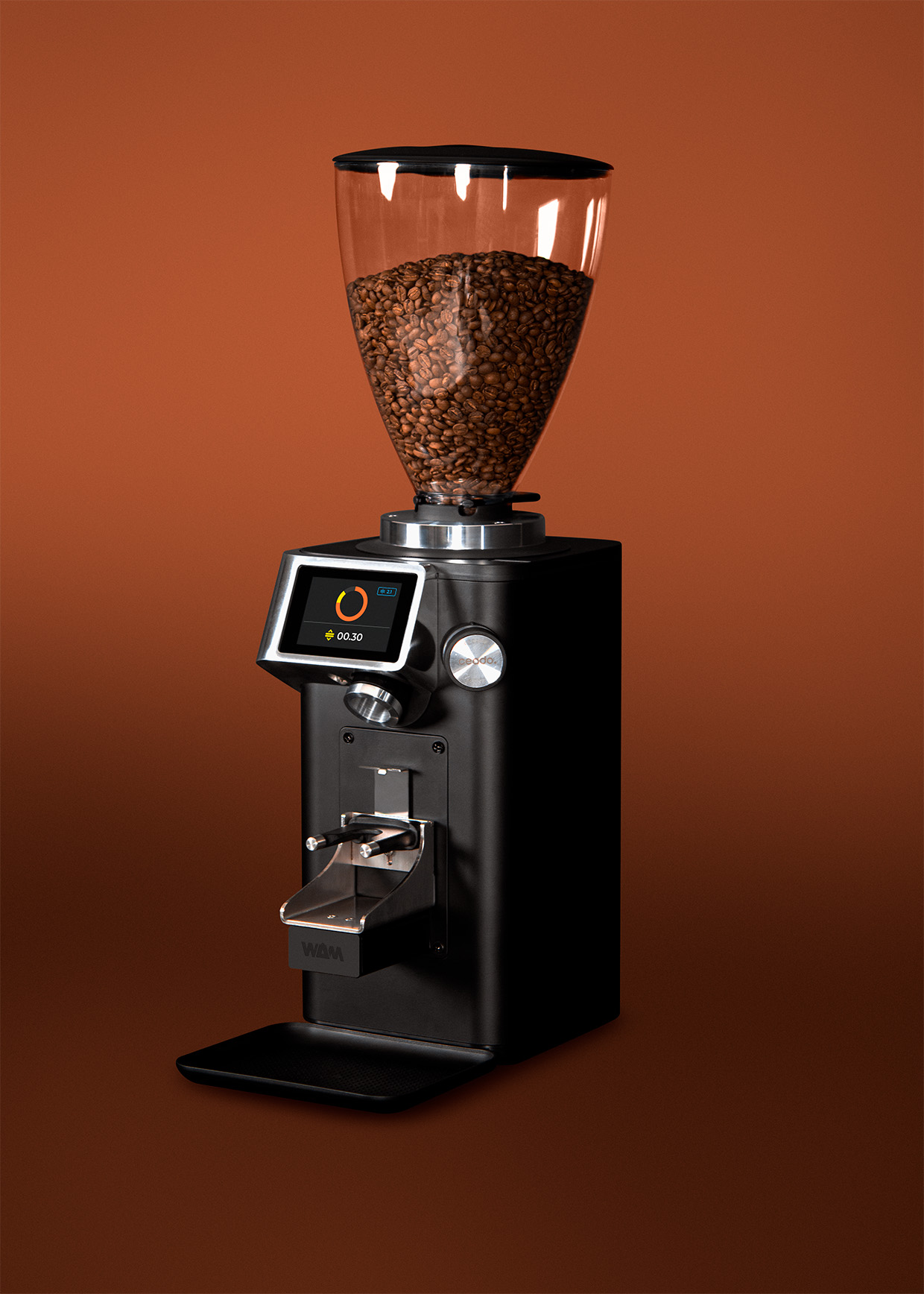
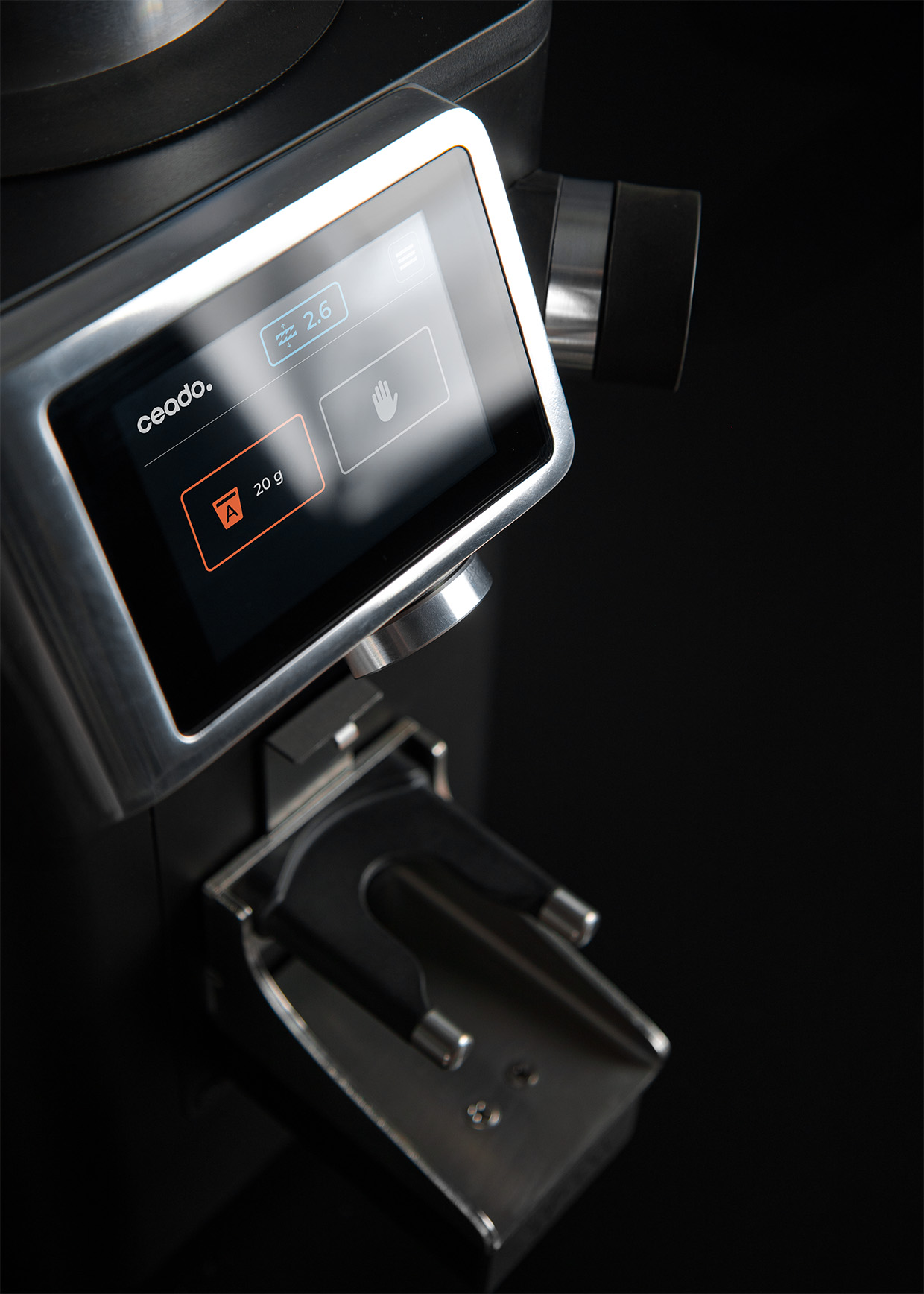
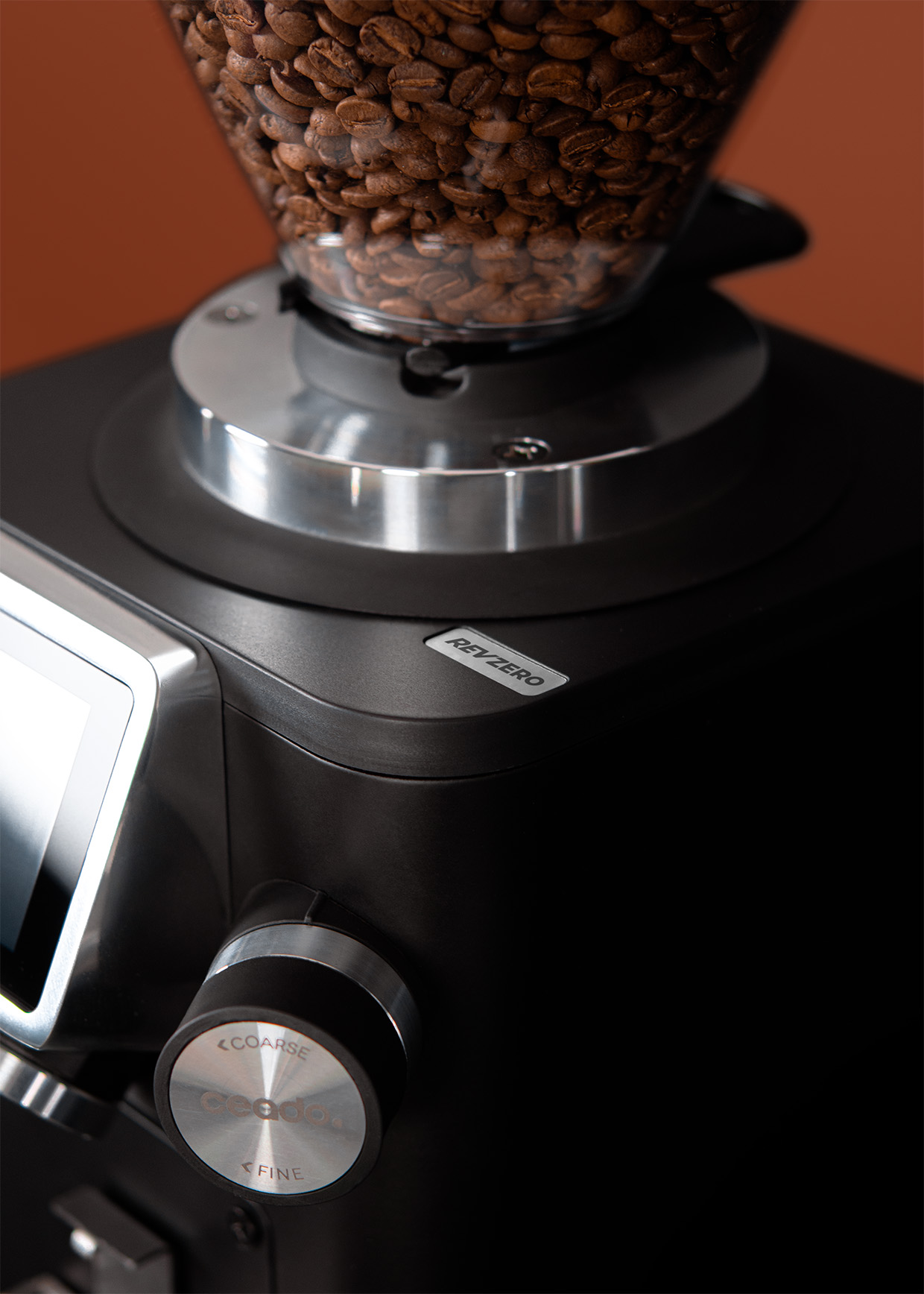
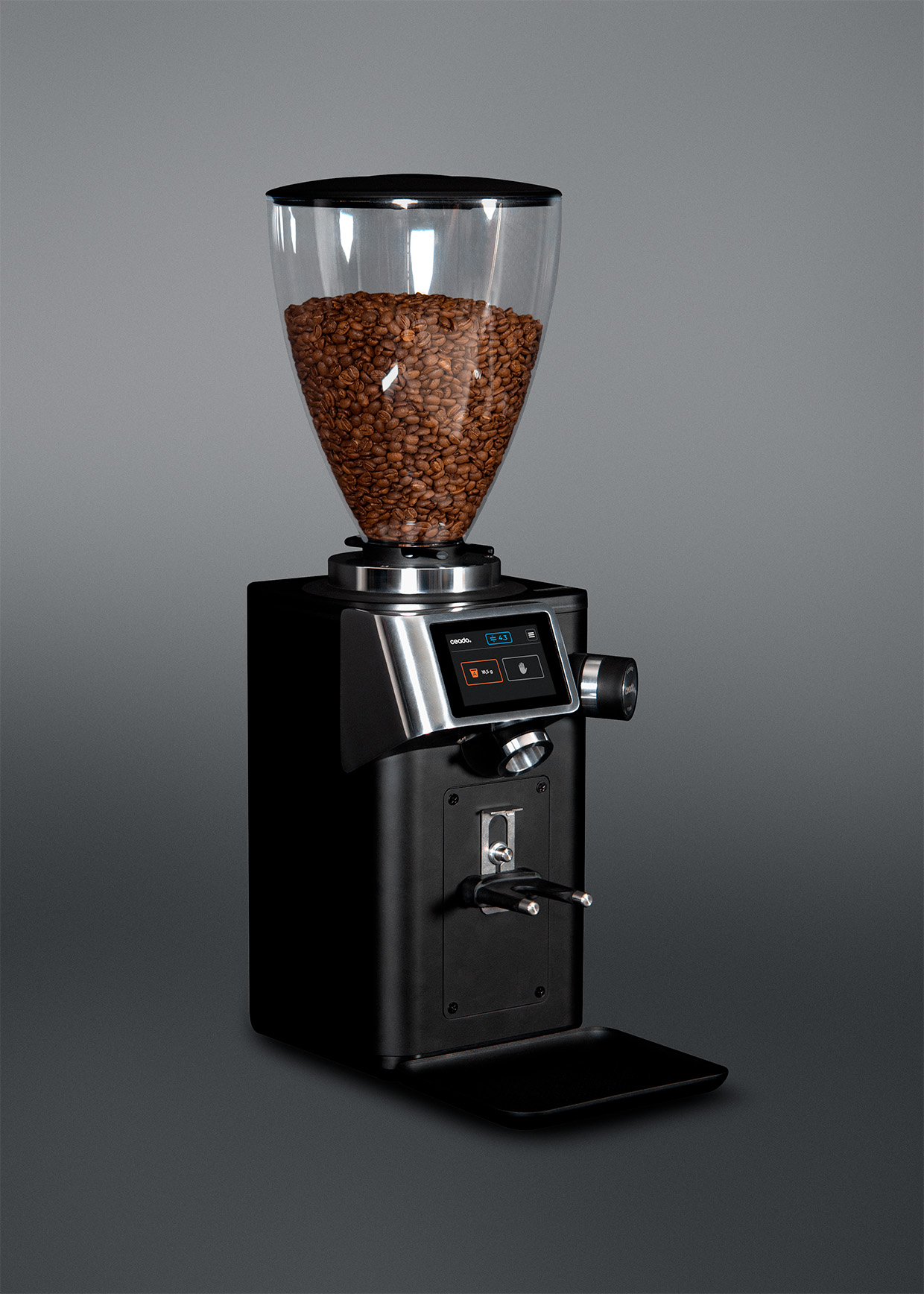
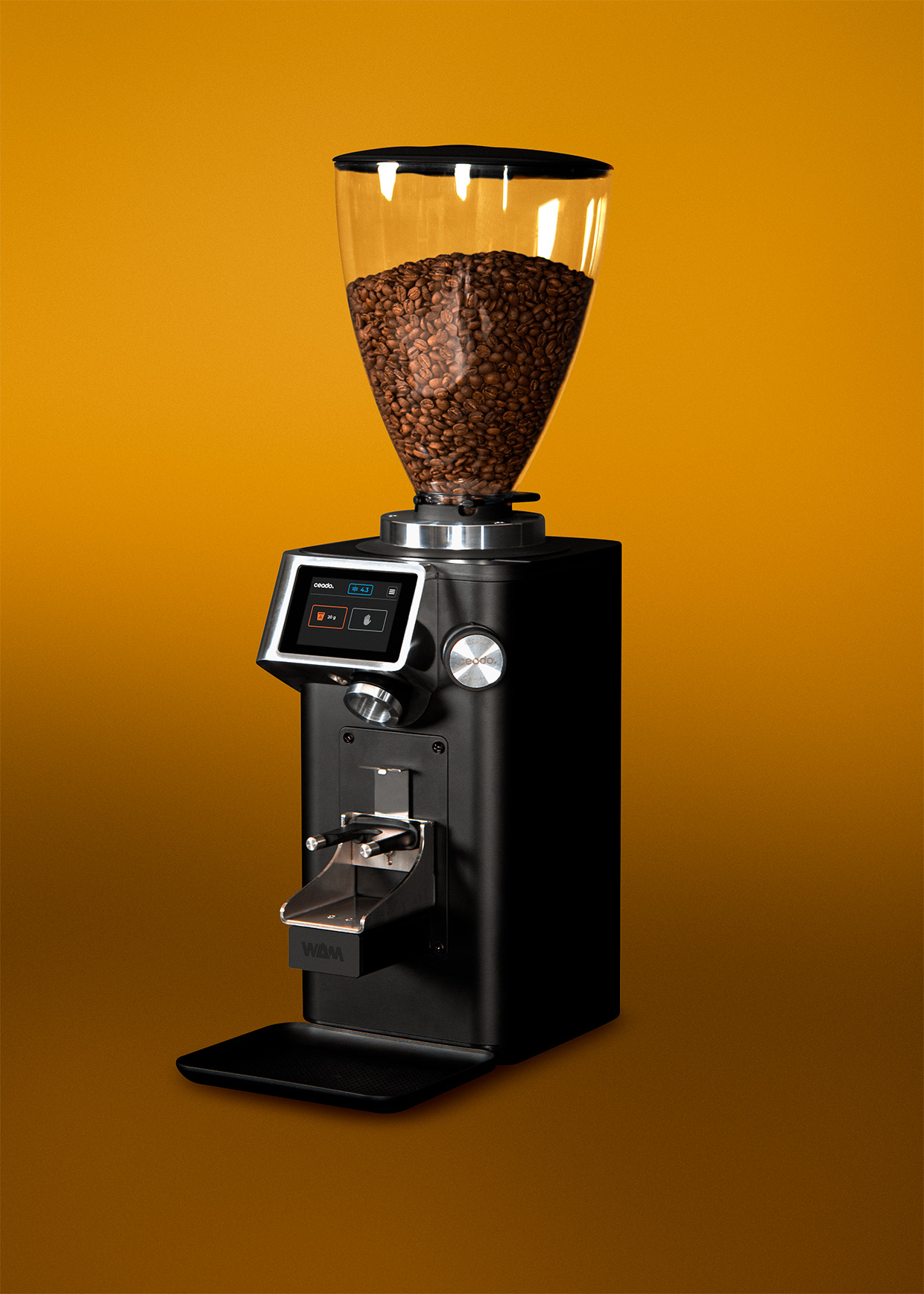



Comment